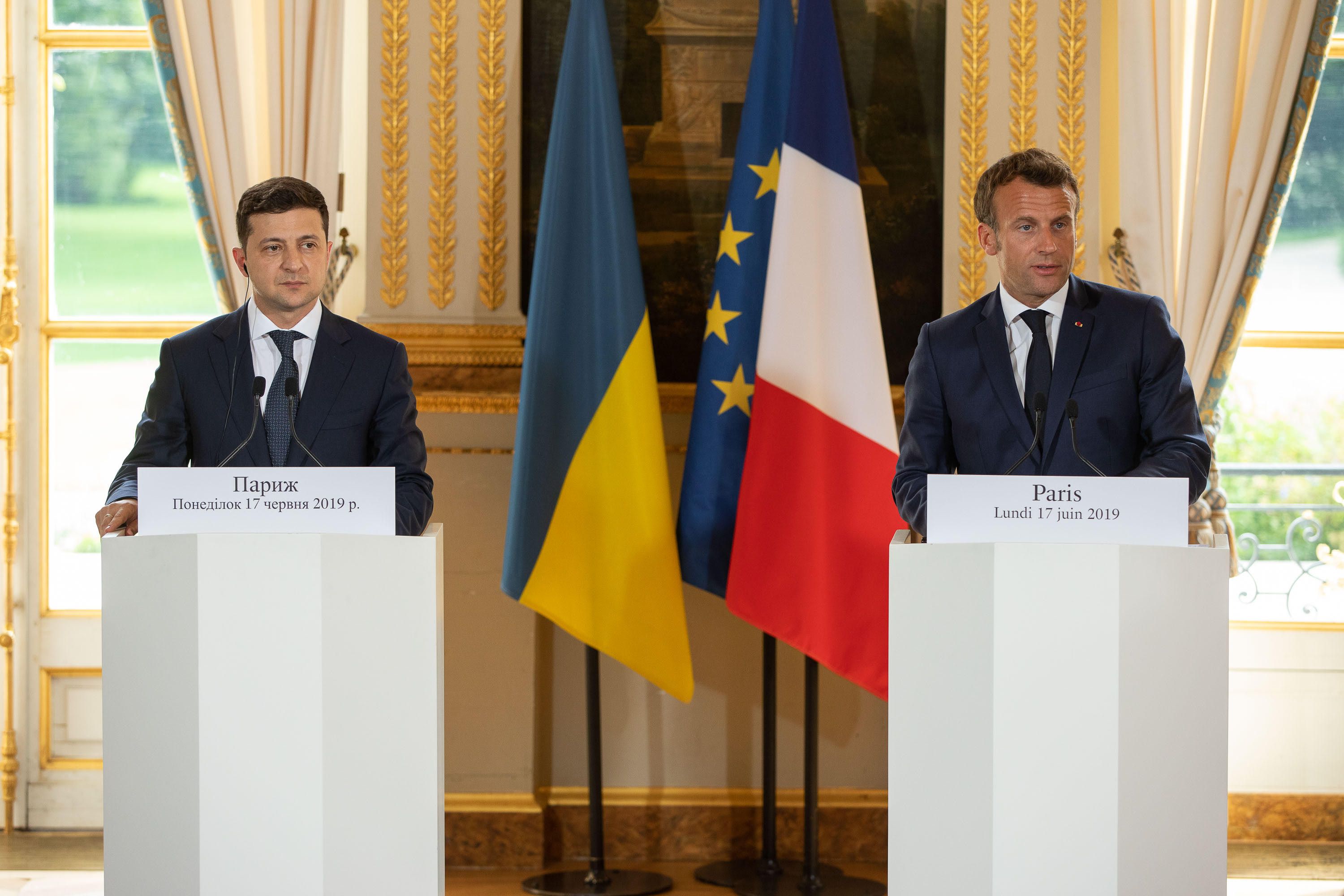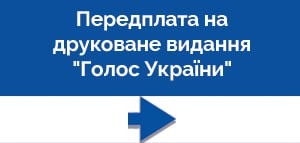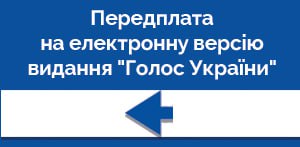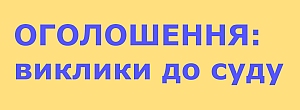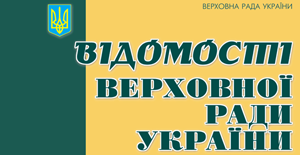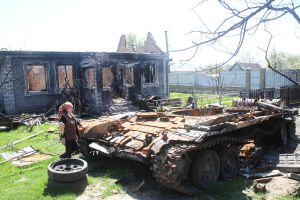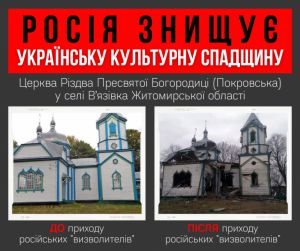President
No one wants Ukraine to become a powder keg
“Ukraine is not ready to conduct talks with Donbas separatists but will continue working within the Minsk format”, said President of Ukraine Volodymyr Zelensky at a news conference after his meeting with President of France Emmanuel Macron on June 17 in Paris in the course of his one-day official visit to France.
Volodymyr Zelensky urged international partners to continue diplomatic and sanction pressure on Russia. “Europe cannot feel secure until Russia pretends that there is no international law whatsoever”, he went on to say.
“Nobody wants for Ukraine to become a powder keg with the Crimea and Donbas as a Bickford fuse”, added the Ukrainian President. In his words, to bring the war to an end and to return the annexed Ukrainian territories are his primary tasks.
He also said, “I know that it is impossible to establish peace by the use of military force. Such peace will cost us thousands of lives. The only way to peace is a diplomatic and sanction pressure. That’s why I ask you to continue it. I hope very much that the current chairmanship of France in the G7 will help solve this problem”.
The foreign policy advisors of the Normandy Four are reported to meet in the near future to prepare a summit meeting of the leaders of Ukraine, Germany, France and Russia. “We’ve agreed that it is important to resume talks within the Normandy Format. Our foreign policy advisors will meet soon to prepare for the next meeting of their countries' leaders. This is the key issue”, said the President of Ukraine.
According to Emmanuel Macron, France is ready to hold a Normandy Four summit meeting. “When time comes, France will be ready to hold a meeting of the Normandy Four in order to support its commitments. But at first we need to take some steps to show our intentions to implement the Minsk agreements”, said Macron.
At the same time, the French leader spoke against the complete withdrawal of the Russian Federation from the Council of Europe. “There is the issue of sanctions. And France keeps her policy line. We are for the sanctions to continue until all conditions have been fulfilled. But as for Russia’s membership in the Council of Europe, it should not be regarded as part of the sanctions, because it is citizens of Russia rather than the State that suffer from them”, noted Macron during the news conference. He also said that the Russian Federation’s participation in the Council of Europe makes it possible for her citizens to make legal claims against Moscow if their rights are violated. As for Zelensky, he did not support this position of his French counterpart.
“Ukrainians wait for the German Chansellor’s assistance in restoring Ukraine’s sovereignty and implementing reforms”
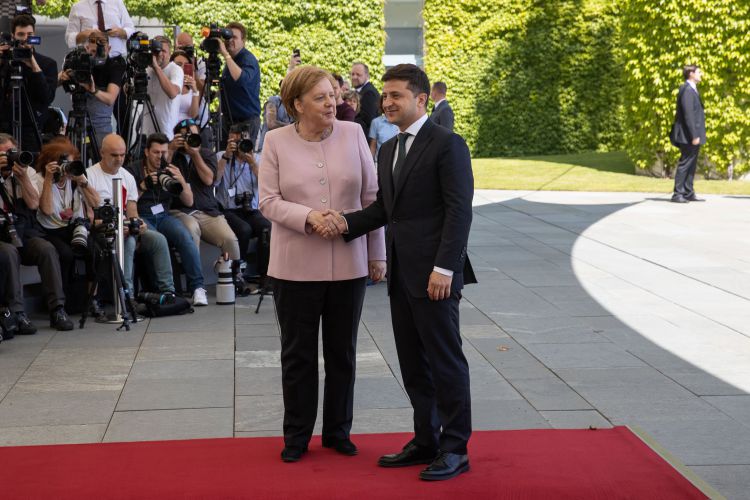
The Ukrainian President said this in an interview to the German newspaper Bild. His interview was published on June 18 during his official visit to Germany. In the opinion of Volodymyr Zelensky, “Chancellor Merkel is a strong person who is held in high esteem and has a great experience”. He was hopeful that she as an indisputable authority in Europe and the world will help Ukraine implement deep structural reforms and withstand challenges that the country faces today. Zelensky noted that he would cooperate with international partners of Ukraine as a true politician. He went on to say in his interview, “Our immediate task today is to assist a new Ukrainian Government in establishing good relations with the IMF, the European Union and the NATO”.
The President of Ukraine expressed his opinion that “the policy of sanctions has to remain in force until the territorial integrity and sovereignty of Ukraine have been restored”.
The German Chancellor supported his position. After the bilateral talks, Merkel and Zelensky gave a joint press conference. In the words of Angela Merkel, Germany and Ukraine believe that anti-Russian sanctions could be eased on condition that progress has been made in the implementation of the Minsk agreements.
“The sanctions cannot be lifted unless progress is reached”, said Chancellor Merkel. She informed that the upcoming Minsk Format meeting of foreign policy advisors would take place on July 12.
On June 17, Zelensky had talks with President of France Emmanuel Macron in Paris. The talks resulted in a decision to hold a meeting within the Normandy Format.
While in Germany, the President of Ukraine stressed that the maintaining of Russian natural gas transit via Ukrainian territory was the guarantee of energy security of Ukraine and Europe.
“It is a civilized way of ensuring the fair and safe functioning of the European gas market”, said Zelensky at the joint news conference. He expressed his confidence that the talks to sign a gas transit treaty would be a success. “I hope that our teams will sit down at the negotiation table as soon as possible and I am sure that we will be able to reach an agreement and nobody in Ukraine will apply arm-twisting tactics”.
Although in his German interview Zelensky underscored the “threats that the Nord Stream-2 poses to the European energy sector”, the leaders of the two countries were unable to reach a consensus on this question. The Ukrainian President said that he had discussed the Nord Stream-2 project with Chancellor Merkel but he had to admit that their opinions differed fundamentally. He also added, “At the same time we are thankful for Germany’s readiness to conduct a dialog about such an uneasy question”.
However, the German Chancellor in fact supported the position of President of France. Merkel said that she looked with favor on the Russian delegation’s return to the Parliamentary Assembly although the Council of Europe should not overlook violations committed by the Russian Federation.
Verkhovna Rada
The work on the election code continues
In June, deputies approved the draft law on setting up temporary investigative commissions and temporary special commissions of the Verkhovna Rada of Ukraine. The draft law is expected to enhance people’s trust in Parliament as it amends mechanisms of influence on civil servants. The deputies emphasized the fact that the bill provides for the procedure of impeachment of the President. The bill has been sent to the President for signing.
This month, Parliament has started debates on amendments to the draft election code that have been submitted by lawmakers during the preparations for the second reading of the bill. Since no amendment has been approved by the profile committee, every proposal has to be put to voting and decision-making in the session hall. The election code bill was approved in the first reading a year and a half ago. Since then as many as 4500 changes to practically all articles of the election code have been submitted. A special work group has been created by the profile committee to study all these changes. The group has conducted 43 sessions and analyzed every amendment but has failed to make a consolidated decision. According to Speaker Andriy Parubiy, if the committee decided to go once more over every change, it would take them another nine months. So, the second reading of the draft bill of the election code continues.
Besides participating in the debates in the session hall, the deputies also worked at the parliamentary committees. For instance, they conducted a round table discussion that focused on factors that cause a high mortality rate and ways of their elimination. The subcommittee on gender equality and non-discrimination at the parliamentary committee on human rights, national minorities and international relations held a round table featuring the theme “The experience of Sweden in issues involving actions to combat human trafficking and sexual exploitation”. As a parliamentary check, the committee on legislative support of law enforcement conducted a hearing on the theme “Activities of the State Agency of Investigation, how efficiently the SAI fulfills its tasks and observes the legislation, rights and liberties of citizens”.
The temporary investigative commission that has been created at the committee on national security and defence has held a regular meeting to look into the facts of theft in the Armed Forces committed over the period from 2004 to 2017.
The Inter-parliamentary Assembly of the Verkhovna Rada of Ukraine jointly with the Seim of the Republic of Lithuania and the Seim of the Republic of Poland held the tenth session on June 7-8 in Kyiv. The topic of the tenth session was “Security. Development. We are strong together”.
In June, the Verkhovna Rada conducted a training dubbed “The basics of public parliamentary education”. The training was sponsored by the USAID. Speaker Andriy Parubiy presented annual awards of Ukrainian Parliament to educationalists, young scientists and scholars.
At the beginning of this month, President Zelensky submitted to the Verkhovna Rada a bill on resuming criminal liability for illegal enrichment.
Cabinet of Ministers
A new model of the energy market and cuts in prices for natural gas
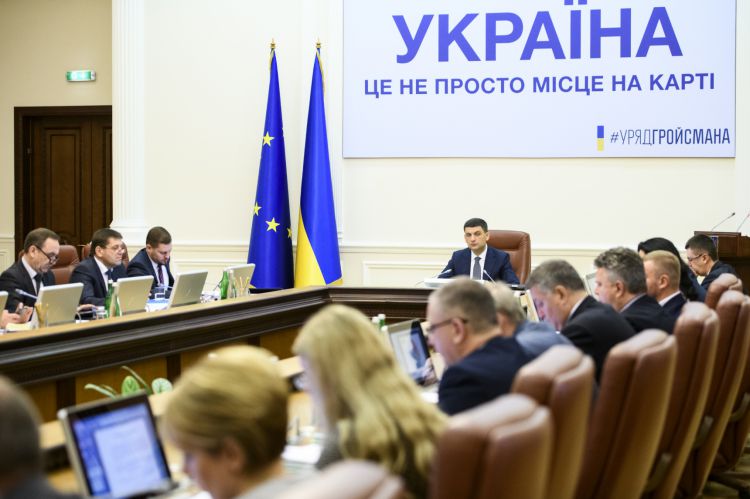
As of July 1, 2019, the Government introduces a new model of the energy market. According to Prime Minister Volodymyr Groisman, the Government’s proposals provide for maintaining the current electricity prices for the population. Also, possible ways are suggested how to keep the electricity prices for industrial enterprises from growing.
However, Andriy Herus, a presidential representative at the Cabinet of Ministers, offered to postpone the date of implementing the electricity market. According to his prognosis, the electricity tariffs for non-household customers will grow by 40-50 percent. “It is obvious that the prices growth will affect the population and will have negative consequences for the economy”, he said, urging the Government to impose special responsibilities on all participants in the market, including private companies.
Energy and Coal Industry Minister Ihor Nasalyk has a different opinion. In response to the statements that the country is not ready for the new energy market, he claims that the new energy market model is prepared for launching on July 1 as it will boost competition and enable a customer to choose the best provider. The minister does not share the opinion that it will lead to a drastic rise in electricity prices. In any case, the Government’s resolution will keep the prices for the population from increasing until December 31, 2020.
Recently, the Government has issued one more resolution that obliges the national stock company “Naftohaz Ukrainy”(Oil and Gas of Ukraine) to lower prices for the population in June. Groisman is convinced that the current market situation allows for establishing gas prices not higher than eight thousand hryvnas for a thousand cubic meters in June and no more than 7700 hryvnas in July. “I expect that the prices will drop in June and continue going down until the end of the year depending on changes in the gas prices at European markets”, said the Premier.
Meanwhile the Cabinet of Ministers has created an inter-departmental work group that consists of employees of the Chamber of Accounts, the State Fiscal Service, and the Auditing Service. The work group’s task is to study the formation of prices by the “Naftohaz Ukrainy”.
According to “Naftohaz Ukrainy”, in June the new price for natural gas for the population will be 5553 hryvnas for a thousand cubic meters, the sum which is lower by 7.3 percent as compared to the gas price in May. The new gas price does not include VAT, delivery costs and a supplier’s extra charges.
“Naftohaz Ukrainy” Head Andriy Kobolyev claims that “the new model demonstrates advantages of a competitive market. The price changes with regard to market parity rates and consequently the end customer gets honest terms. We hope that the Government will support our proposal to abolish prices regulation altogether as soon as possible. In addition to the transparent formation of prices, the new market model will make it possible for the end customer to choose a gas supplier to his liking”.
Themis Justice
The sooner the Constitutional Court passes a decision, the better
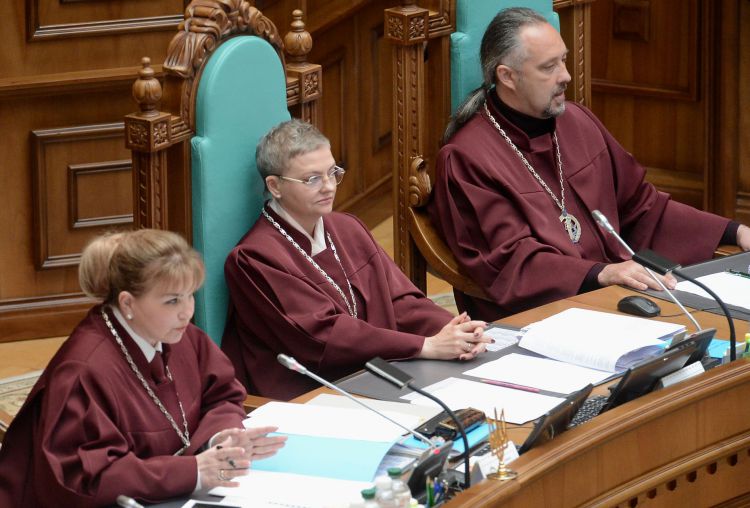
The Constitutional Court of Ukraine continues considering the case of parliament dissolution behind closed doors. Earlier sixty-two deputies presented the Verkhovna Rada a submission calling into question the constitutionality of President Zelensky’s decree about the ahead-of-schedule dissolution of Verkhovna Rada of the 8th convocation.
Thus, on May 21, in his inauguration speech Volodymyr Zelensky announced his decision to disband Parliament and hold early parliament elections on July 21. The President substantiated his decision, on the one hand, by a low trust of Ukrainian citizens in Parliament and, on the other hand, by the absence of parliament coalition since 2016.
However, Anatoliy Selivanov, a permanent representative of Verkhovna Rada at the Constitutional Court, stressed that “there has been the coalition at Parliament. And only on May 17 of this year, Verkhovna Rada Speaker Andriy Parubiy announced that on that day the coalition ceased to exist”.
“At the request of Justice Viktor Kryvenko, I’ve submitted a list of the deputies who made up the coalition in 2016. The list contains 226 names”, added Selivanov.
The appearance of Zelensky at the Constitutional Court and his speech were met by a mixed response from the political establishment. In his short speech after which he left the building of the Court the President referred to his position on Parliament dissolution as “perfect” and expressed hope that the Justices would pass a fair decision of which “no one would feel ashamed”.
Meanwhile, the election campaign goes on. Should the presidential decree is recognized unconstitutional, what to do next is unclear. The acting legislation gives no definite answer to the question. Natalia Bernatska, the secretary of the Central Election Commission, believes that the sooner the Constitutional Court passes its final decision the better.
So, it remains only to wait for the decision of the Court, but no one can say when it happens. However, in accordance with the law about the Constitutional Court, the term of the proceedings that are regarded as urgent cannot exceed one calendar month.


